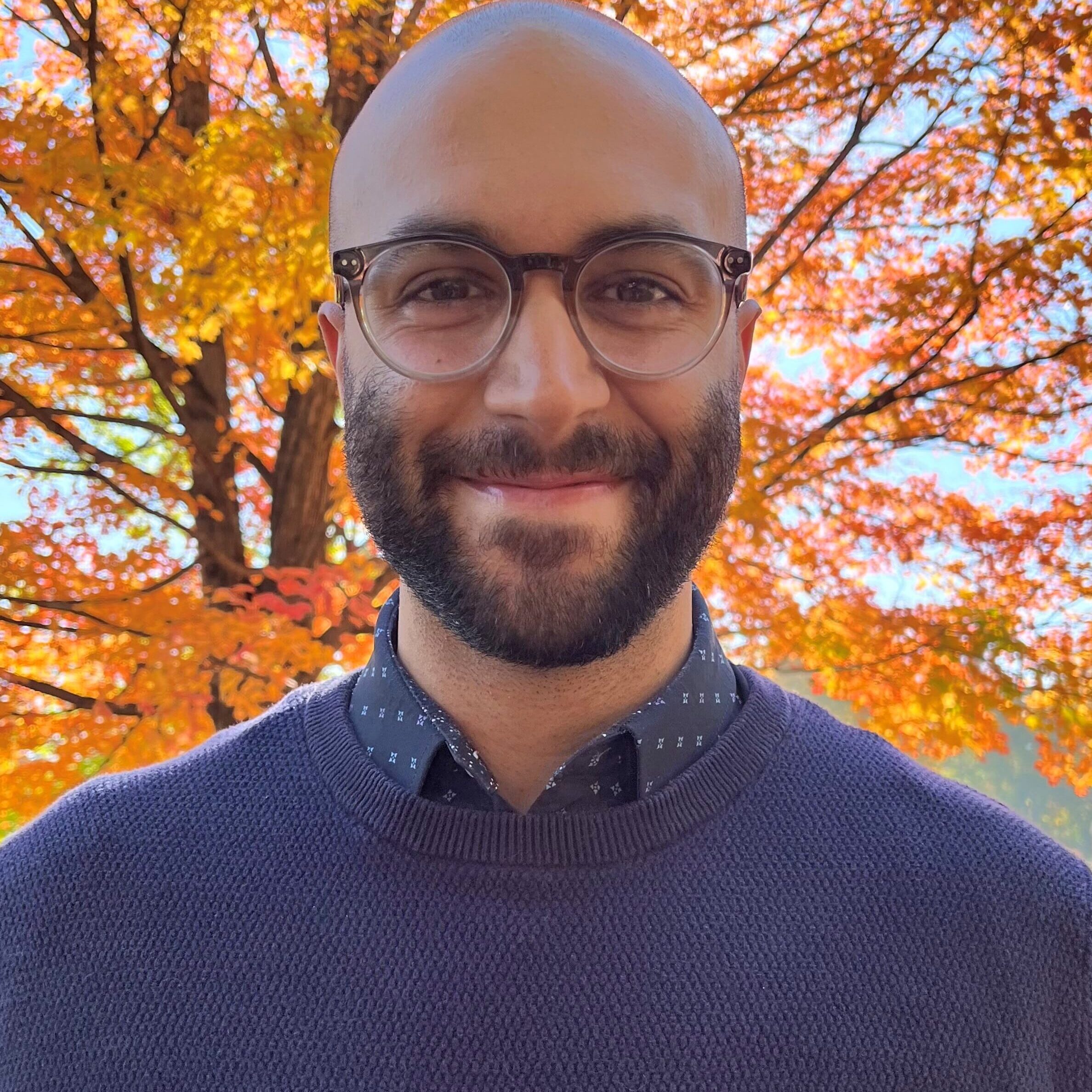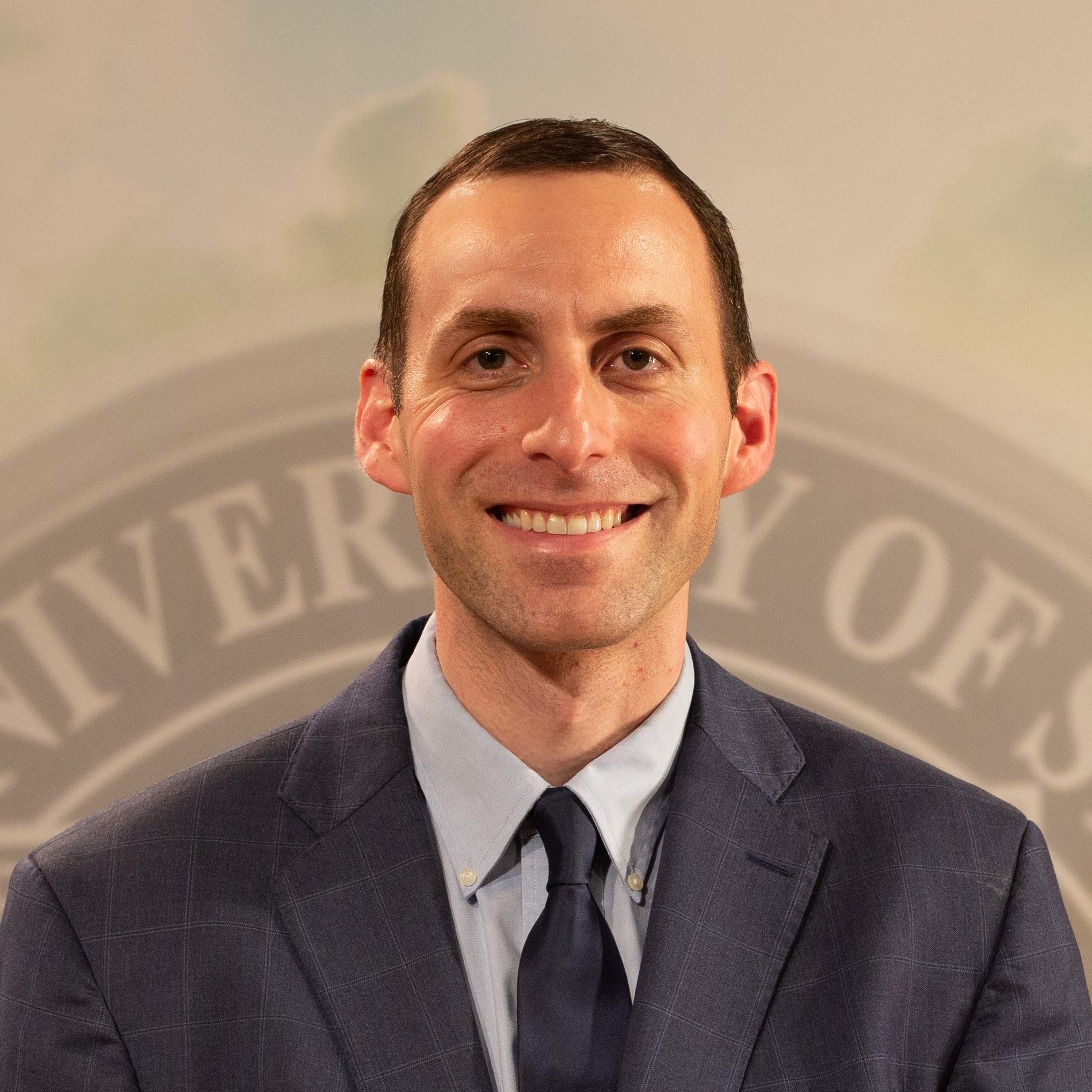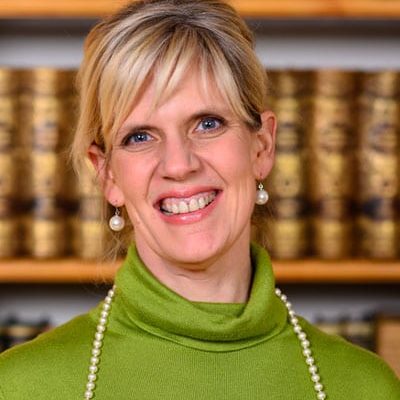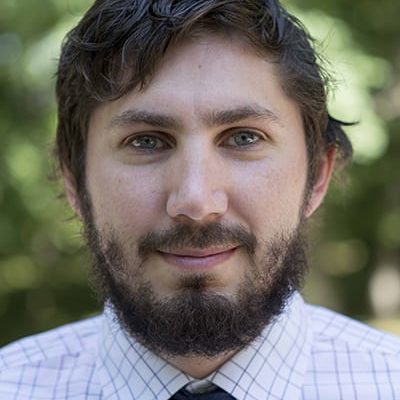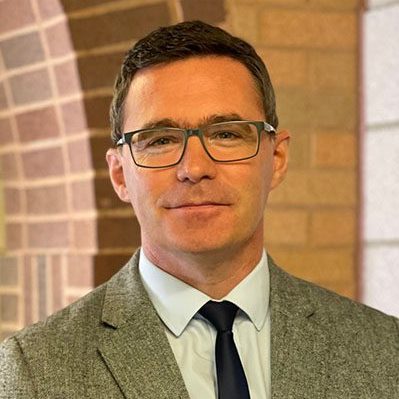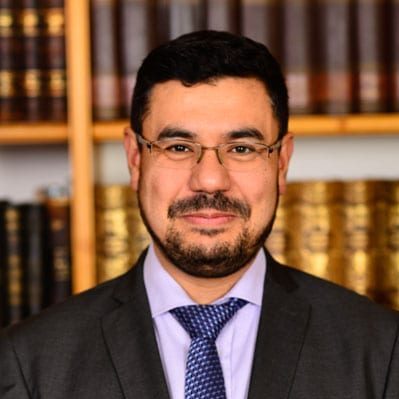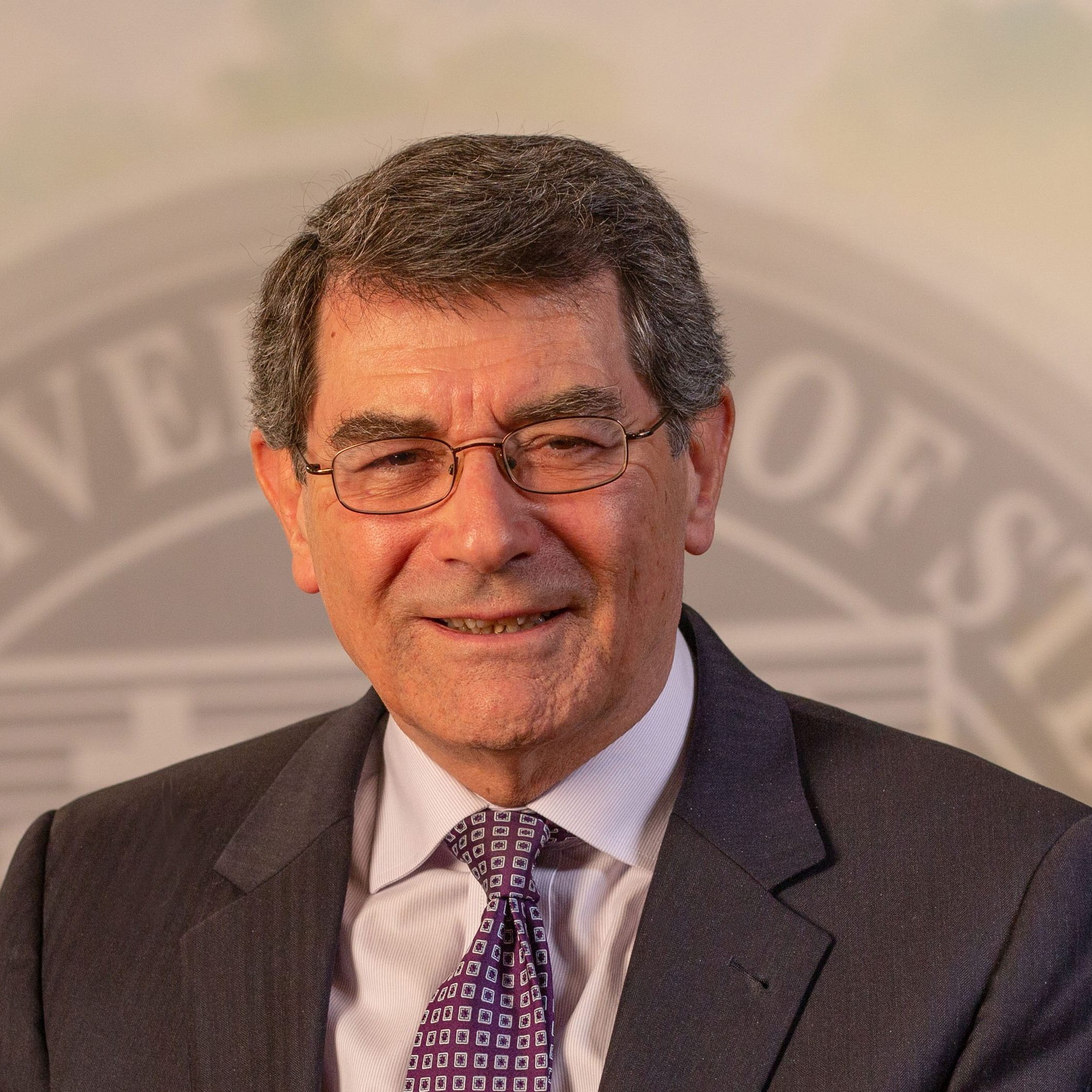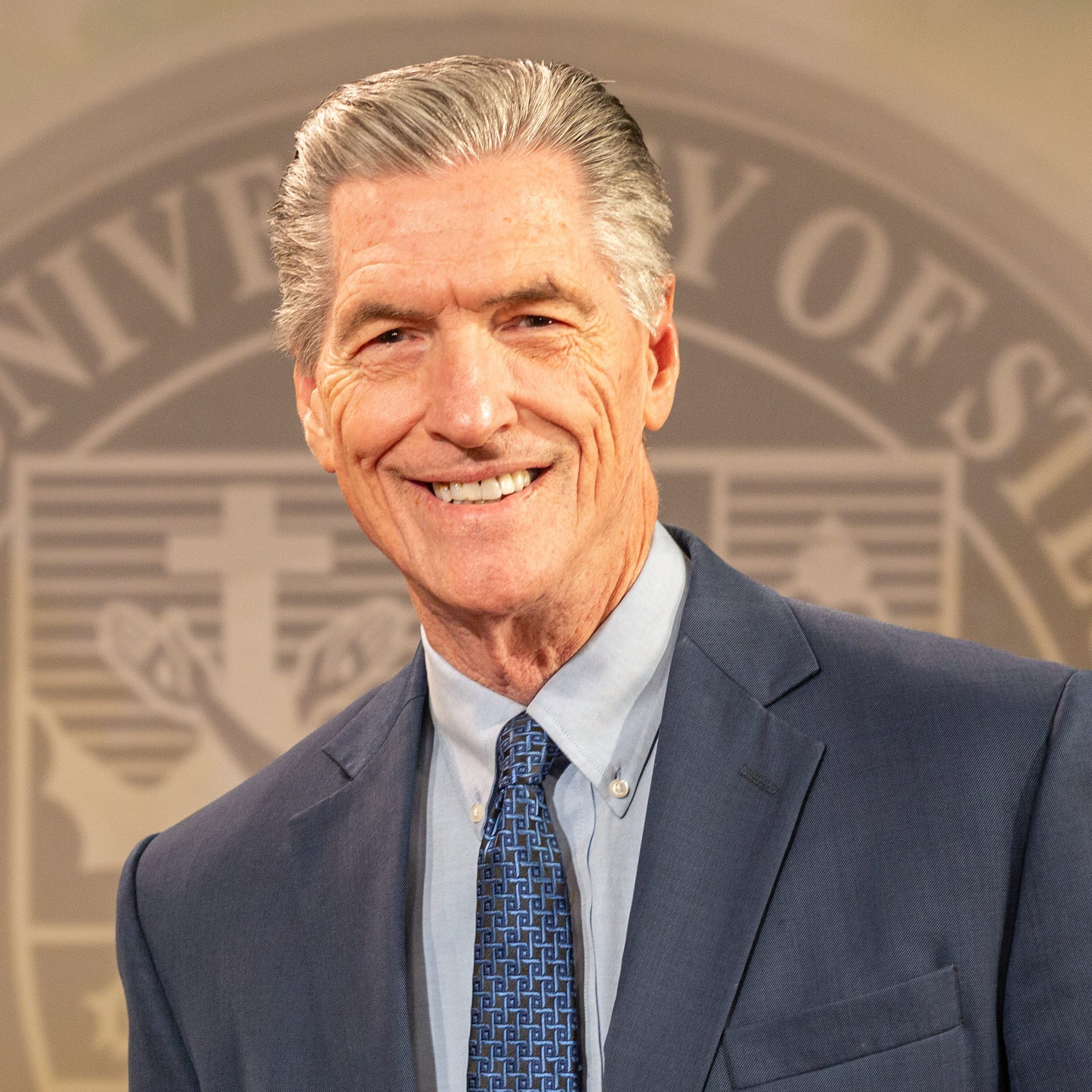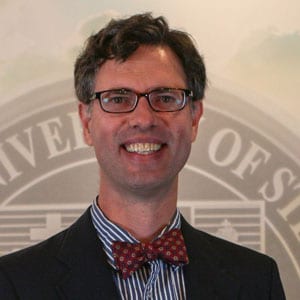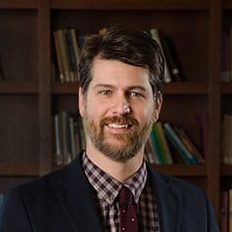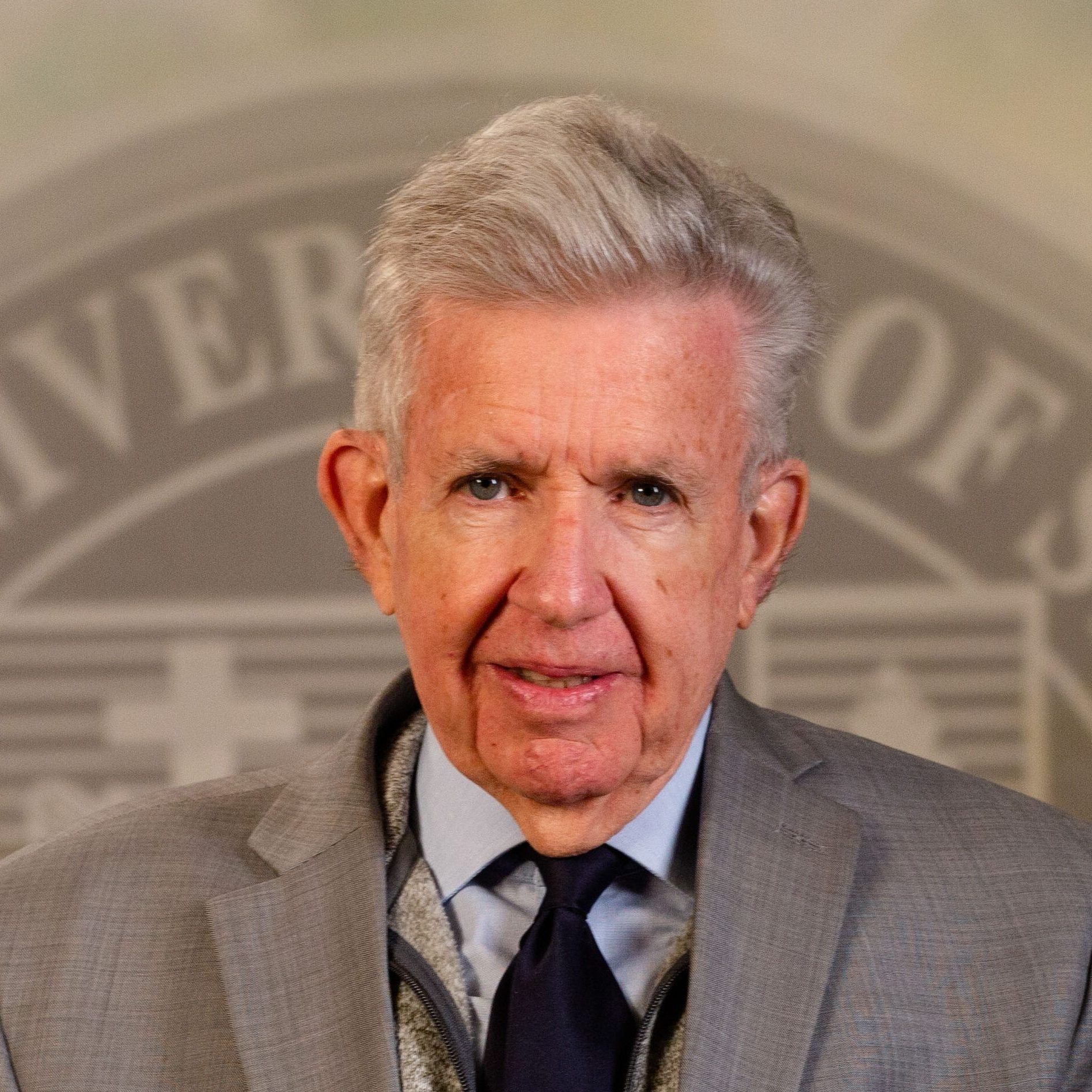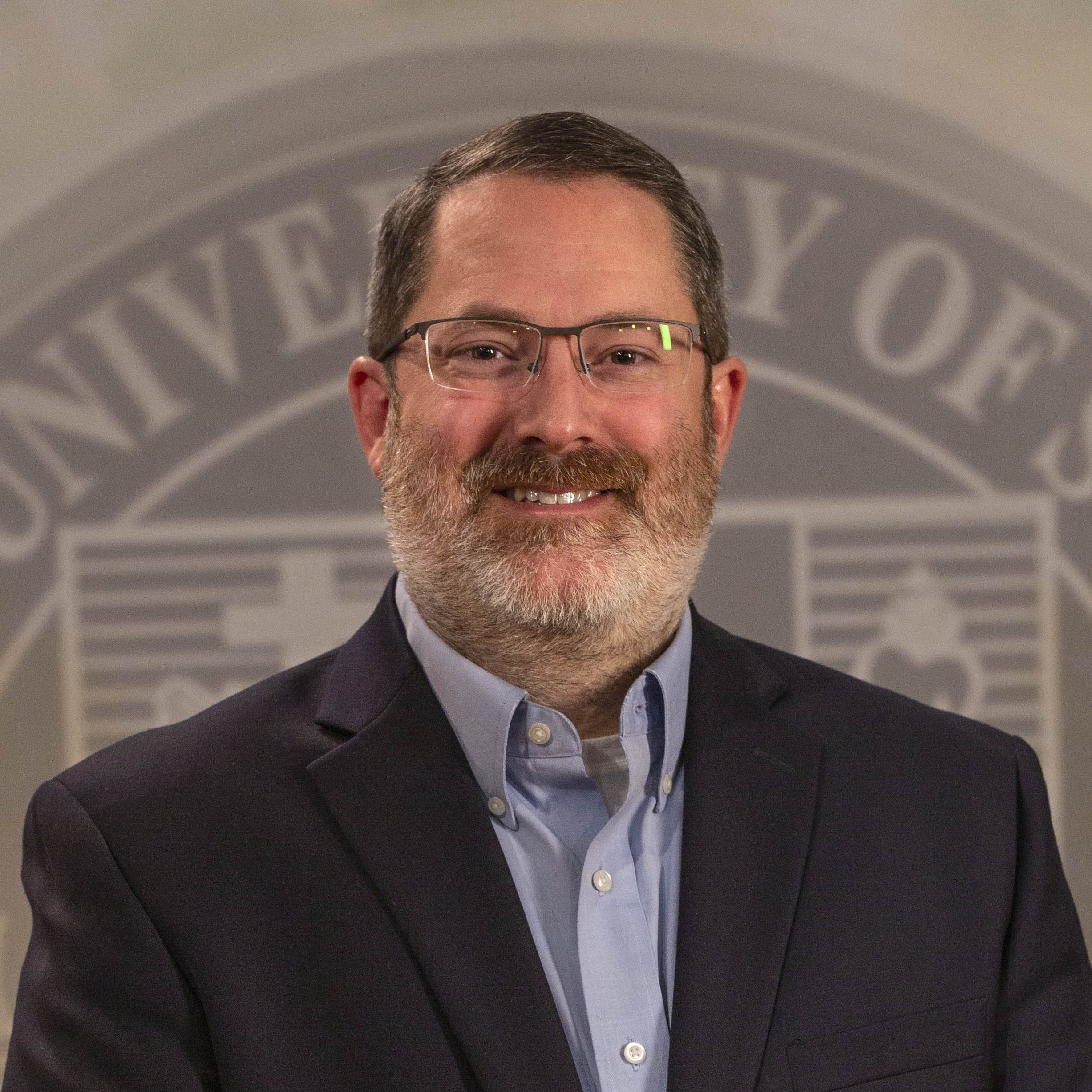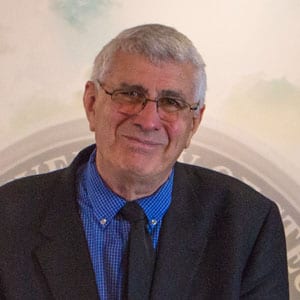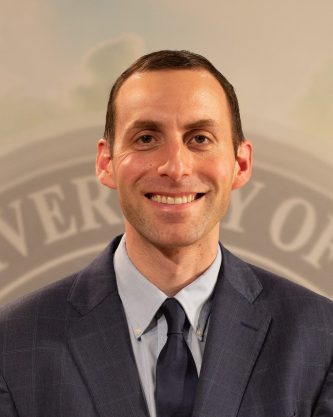
Dr. Matthew Shea
Dr. Matthew Shea is an Assistant Professor of Philosophy and the Associate Director of the Center for Bioethics. He specializes in moral philosophy and bioethics. His current research focuses on human flourishing, natural law ethics, the philosophical foundations of bioethics, and ethical issues related to vulnerable patient populations. He received a B.A. in philosophy from Boston College and a Ph.D. in philosophy from Saint Louis University. His dissertation, written under the supervision of Eleonore Stump, was a defense of a relationship-centered account of human flourishing and natural law-virtue ethics. Before coming to Franciscan, he was a postdoctoral fellow in clinical ethics at the UCLA Health Ethics Center, where he was trained in ethics consultation, policymaking, and education; a lecturer at UCLA’s schools of medicine, nursing, and public health; a faculty member at the Bioethics Institute at Loyola Marymount University; and an assistant professor of philosophy at the University of Scranton.
Education:
- 2020 Postdoctoral Fellowship in Clinical Ethics, UCLA
- 2018 Ph.D., Philosophy, Saint Louis University
- 2009 B.A., Philosophy, Boston College
- God and Happiness. Cambridge University Press (2024).
- “The Ethical Standard for End-of-Life Decisions for Unrepresented Patients.” American Journal of Bioethics (Target Article) (forthcoming).
- “Value Comparability in Natural Law Ethics: A Defense.” Journal of Value Inquiry 58:3 (2024): 383–402.
- “Value Incommensurability in Natural Law Ethics: A Clarification and Critique.” American Catholic Philosophical Quarterly 97:3 (2023): 361–386.
- “A Thomistic Solution to the Deep Problem for Perfectionism” (with James Kintz). Utilitas 34 (2022): 461–477.
- “Principlism’s Balancing Act: Why the Principles of Biomedical Ethics Need a Theory of the Good.” Journal of Medicine and Philosophy 45:4-5 (2020): 441–470.
- “The Quality of Life is Not Strained: Disability, Human Nature, Well-Being, and Relationships.” Kennedy Institute of Ethics Journal 29:4 (2019): 333–366.




